Programmable Logic Controllers



In the ever-evolving world of industrial automation, programmable logic controllers (PLCs) are crucial in streamlining processes and enhancing operational efficiency. This guide will delve into the fundamentals of PLC industrial automation and Programmable Logic Controllers (PLCs), highlighting their significance and applications.
What are Programmable Logic Controllers (PLCs)?
Programmable Logic Controllers are specialised industrial computers designed to control and automate manufacturing processes. They are engineered to withstand harsh industrial environments, offering high reliability, programmability, and fault diagnosis capabilities. In addition, Programmable Logic Controllers can be programmed to perform a wide range of tasks, from simple operations to complex processes. Therefore making them indispensable in various industrial settings.
PLC Industrial Automation | Programmable Logic Controllers
Programmable Logic Controllers (PLCs) automate repetitive tasks in PLC industrial automation. Thus reducing human intervention and increasing productivity. Industries achieve greater accuracy, efficiency, and consistency by integrating PLCs into manufacturing processes. Here are some key aspects of PLC industrial automation:
Process Control: PLCs are used to control processes such as assembly lines, robotic devices, and machinery. So they ensure that operations are carried out accurately and efficiently, minimising errors and downtime.
Monitoring and Data Collection: PLCs monitor various parameters like temperature, pressure, and flow rates, collecting data in real-time and allowing for immediate adjustments and improvements.
Safety and Reliability: Programmable Logic Controllers enhance the safety of industrial operations by detecting and responding to faults quickly. Moreover, their robust design ensures reliable performance even in demanding environments.
Flexibility and Scalability:They are highly flexible and can be reprogrammed to accommodate changes in production requirements. In addition, they are scalable, allowing for easy integration of additional components as needed.
PLC Industrial Automation – Industrial Applications
Programmable Logic Controllers are utilised across various industries to automate and optimize processes. Some common applications include:
Automotive Industry: They can control assembly lines, paint booths, and robotic welding systems.
Food and Beverage: They can automate packaging, sorting, and quality control processes.
Healthcare: They ensure precise mixing, filling, and packaging of products.
Manufacturing: They control CNC machines, conveyors, and material handling systems.
Benefits of Utilising PLC’s Within Industrial Automation | Programmable Logic Controllers
Implementing PLCs in industrial automation offers numerous benefits:
Increased Productivity: Automation of repetitive tasks speeds up production and reduces labor costs.
Enhanced Quality: PLCs ensure consistent quality by maintaining precise control over processes.
Cost Savings: Reduced downtime and maintenance costs result in significant savings.
Improved Safety: Automation minimises human exposure to hazardous environments, enhancing workplace safety.
Comprehensive Support
At Automated Solutions Australia (ASA), we leverage the power of Programmable Logic Controllers to automate manufacturing processes by integrating FANUC robotic systems. Our team of skilled engineers provides bespoke PLC industrial automation solutions, offering comprehensive support tailored to meet our clients’ unique needs. With a commitment to reliability, efficiency, and customer satisfaction, ASA is dedicated to delivering cutting-edge automation solutions that harness the full potential of PLC technology.
For businesses in Australia looking to streamline their manufacturing processes through automation, ASA is your trusted partner. Our expertise in PLC industrial automation and our collaborative approach to solutions make us the ideal choice for achieving enhanced operational efficiency and embracing the benefits of industrial automation.



Send an enquiry:
Click an Application to Explore Further:
FANUC Robots Australia | Paint Robots for Surface Finishing | Welding Robots by FANUC | Machine Tool Tending Robots | Fibreglass and Gelcoat Robots | Palletising Robots | Robotic Vision Inspection Systems | Plastics Painting | Deburring and Polishing | Sealing and Dispensing | Picking and Packaging Robots| Material Removal Robots | Shot Blasting and Peening |
More Recent News Stories from ASA:
| Robot Welding Cell | Automated Picking Robots | Advantages of Robotic Welding | 6 Axis Welding Robots | FANUC Robot Programming | Paint Finishing in Australia | Industrial Manufacturing | Robot Integrator in Australia | Automation and Robotics | Industrial Applications of Robots | Robot Welding | Automation Engineering | Benefits of Robots | Materials Handling in Australia | Robotic Assembly Guide | A Guide to the History of Robots | Robotic Laser Welding | Robotics in Business | Laser Welding | Picking and Packaging | Grit Blasting Explained | Robotic Lathe and Milling | Robotic Integration |


